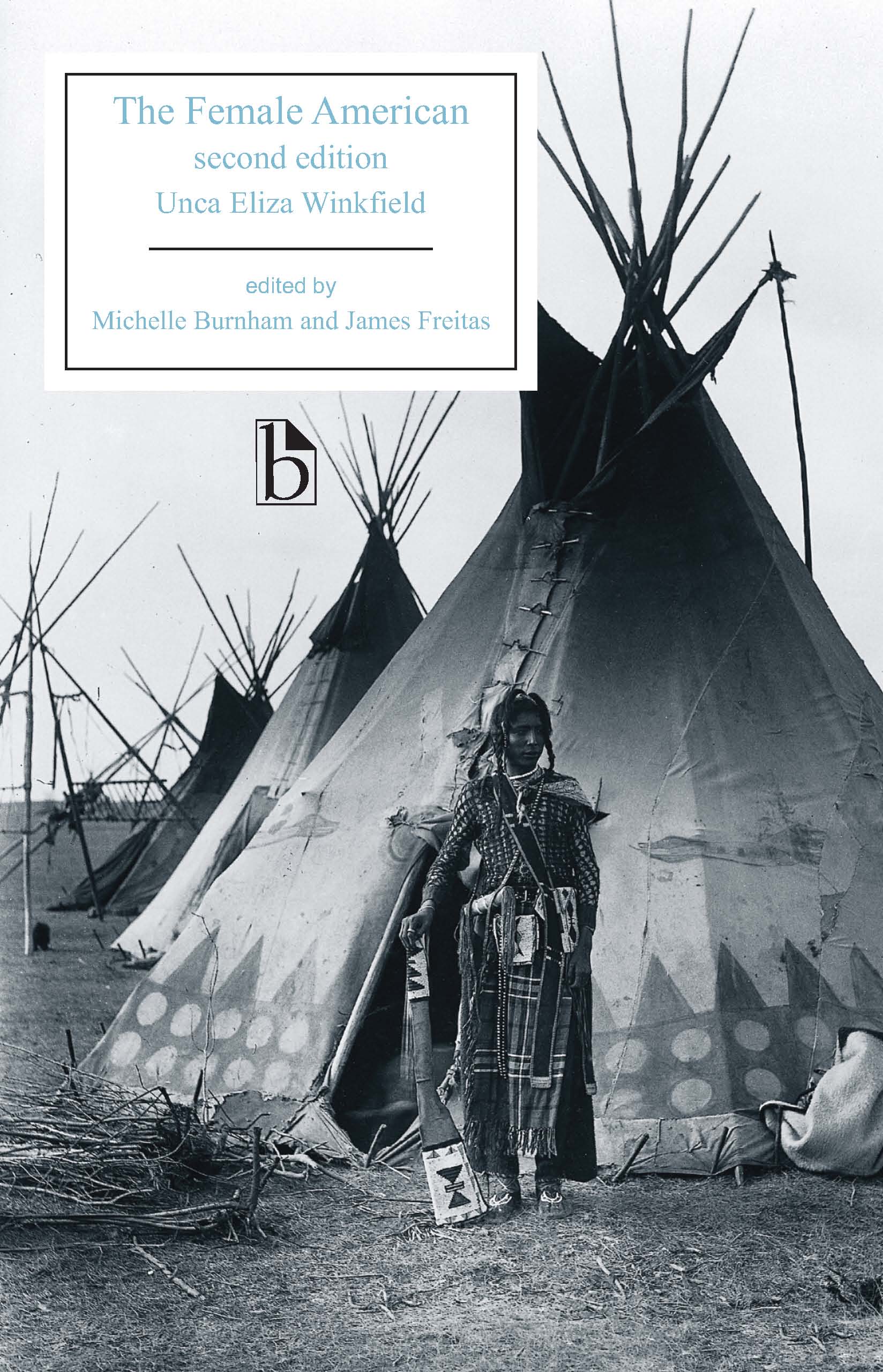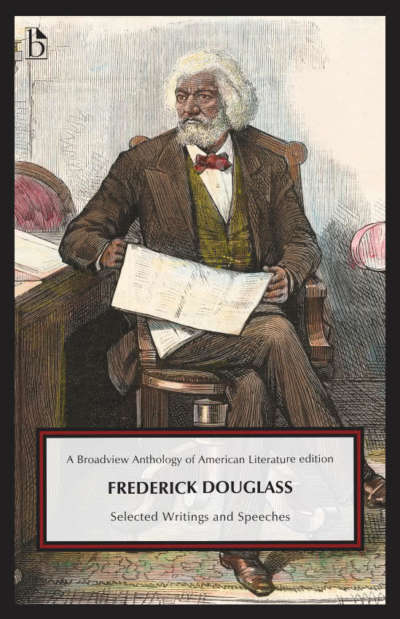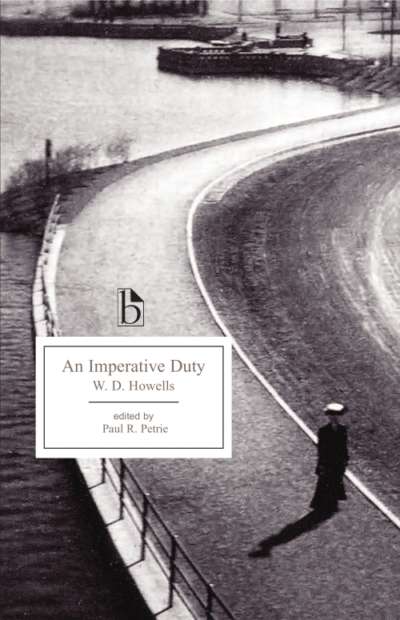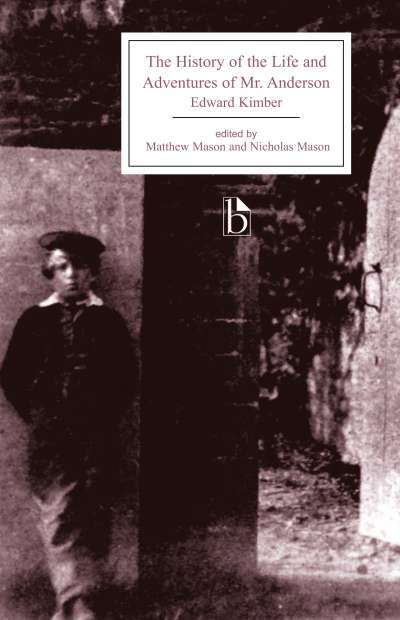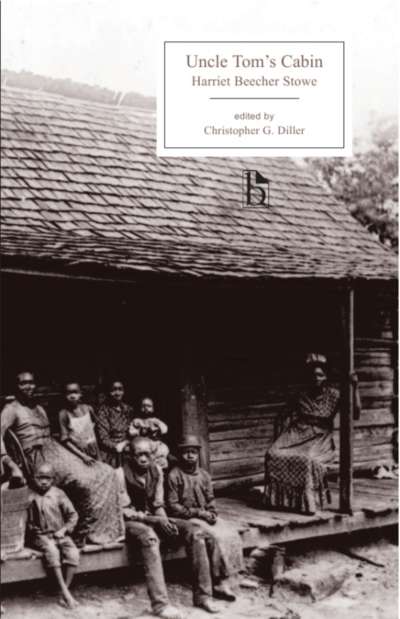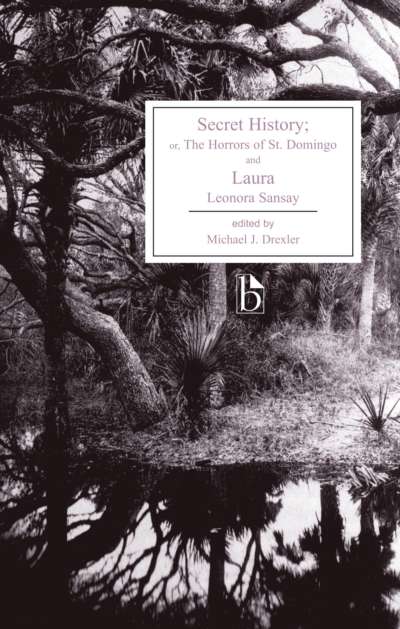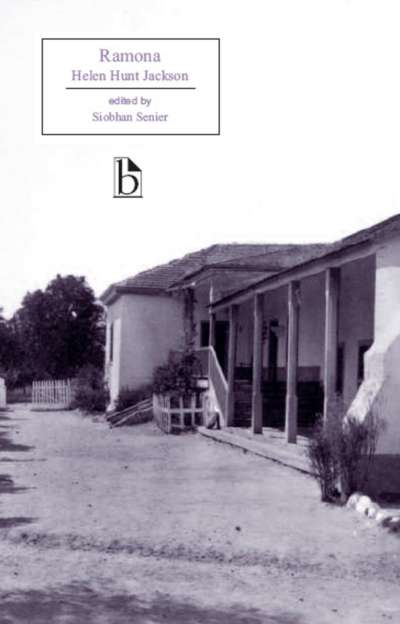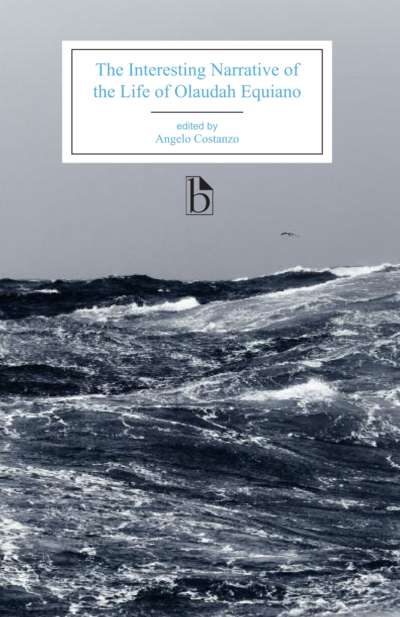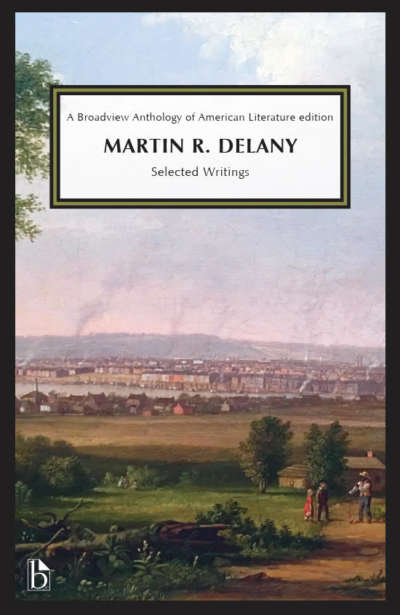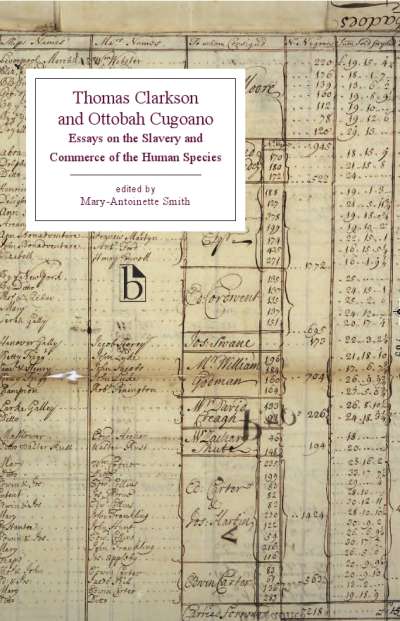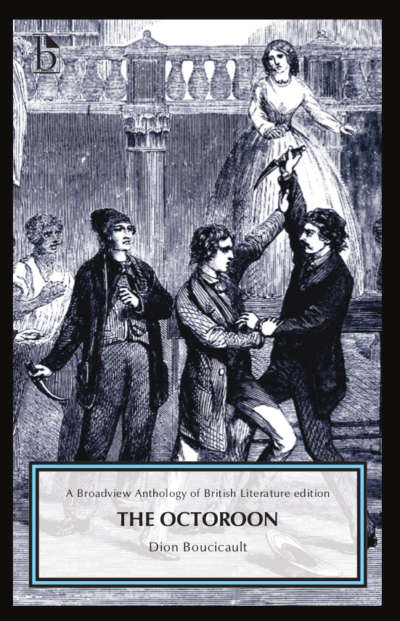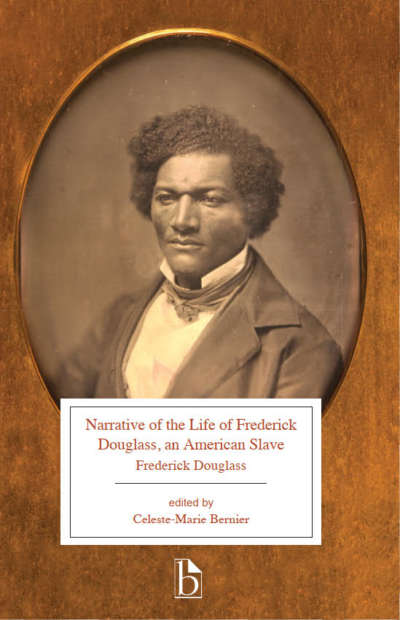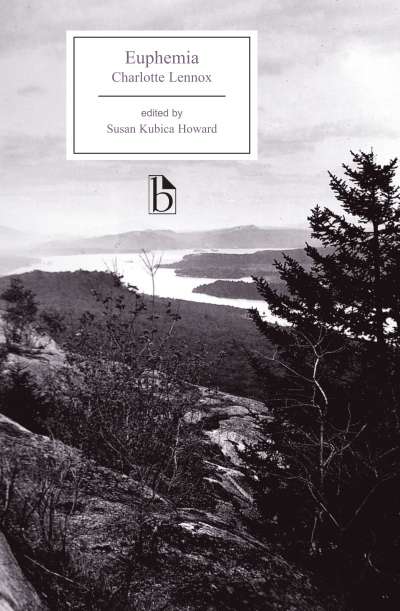
When it first appeared in 1767, this novel was called a “sort of second Robinson Crusoe; full of wonders.” Indeed, The Female American is an adventure novel about an English protagonist shipwrecked on a deserted isle, where survival requires both individual ingenuity and careful negotiations with visiting local Indians. But what most distinguishes Winkfield’s novel is her protagonist, a woman who is of mixed race. Though the era’s popular novels typically featured women in the confining contexts of the home and the bourgeois marriage market, Winkfield’s novel portrays an autonomous and mobile heroine living alone in the wilds of the New World, independently interacting with both Native Americans and visiting Europeans. The Female American is also one of the earliest novelistic efforts to articulate an American identity.
This second edition has been updated throughout and includes a greatly expanded selection of historical materials on castaway narratives and on the cultural context of colonial America.
Comments
“The pleasures of reading and teaching The Female American emerge from this edition’s insistence on a more capacious scope for early American studies, one in sync with recent scholarly emphases on transatlantic, global, and intersectional contexts of cultural production and consumption … this second edition of The Female American, expanded by sixty pages, features a fascinating, revised introduction, one that further reveals to readers the elaborate intertextual and global aspects of the novel. Burnham and Freitas suggest rather than instruct, a welcome approach to introductory matter; they provide frames of inquiry — utopian studies; female adventure literature; and discourses of imperialism, of religion, of identity, and of hybridity — within which students and teachers might critically examine the text. Additionally, this edition’s useful chronology along with two contemporary reviews effectively aid in historicizing and contextualizing the novel. With this second edition, the scholarly and pedagogical significant of The Female American in our own historical moment becomes even more compelling, as students and teachers struggle daily with issues of migration, racial difference, imperialism, and political and culture identity.” — Lorrayne Carroll, Early American Literature
Comments on the first edition:
“This adeptly edited page-turner of a novel is a fascinating descendant of Robinson Crusoe and an important example of the kinds of cross-Atlantic fiction being written to explore issues of colonialism, race, gender, nationhood, and human rights in the decade before the American Revolution.” — Paula Backscheider, Auburn University
“Graced by an uncommonly interesting as well as learned introduction, this edition of the virtually unknown novel The Female American will invigorate any collection of colonial American literature.” — Myra Jehlen, Rutgers University

